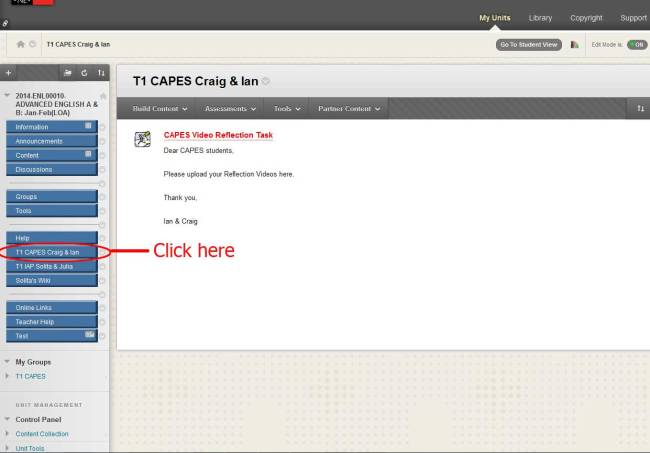In this morning’s class, the topic was ‘inter cultural communication’. We started by discussing a very basic question: ‘What is culture?’ and quickly found that, although the question is quite basic, the answer to it is not. In fact it is a highly debatable, indeed nebulous (there’s that word again) topic, difficult to define.
Then we listened to part 2 of the BBC Learning English series ‘Who on Earth are We?’. The report introduced the topic of culture and looked into why culture is so difficult to define and talk about. It noted the anthropologist Edward T. Hall’s beguiling definition of culture as being ‘the sum total of the way of life of a people.’ It also broke the concept of culture down into three primary aspects: products, behaviours and ideas. The term ‘products’ denotes all things that a culture produces, so for example architecture, art, music and literature. Behaviours entails verbal and non-verbal communication, gestures, routines and social etiquette. Ideas include our cultural world view, attitudes and beliefs.
The reading for the class was China’s social-media boom, an article by Cindy Chiu for McKinsey and Co. We discussed the article’s main points, including the impact of social media on social behaviour in China, in comparison with the experience of other countries. The article noted that social media usage in China differs considerably from that of other countries when it comes to influencing consumer behaviour. In particular, Chinese consumers are heavily influenced by the opinions of their social media peers. As a result, a favourable review of a product, especially if posted by an acquaintance or friend, would be far more likely to sway their decision to actually buy something than the average Western social media user. Chiu speculated that this may be partly because of the skepticism with which many Chinese consumers view formal institutions.
In the afternoon class, we continued with the theme of inter-cultural communication and social media. We discussed the question of whether social media was a force for public good or a force for public control. This was followed with a viewing of The Internet Society: Empowering or Censoring Citizens? an RSA animated lecture by Evgeny Morozov.
Finally, I’m presenting a writing task which you may choose to tackle as part of your reflective writing assessment:
In what ways does the use of social media in different cultures reflect real cultural differences? If you want to address this question, please remember to relate your response back to the cultural categories as mentioned previously (products, behaviours and ideas).
